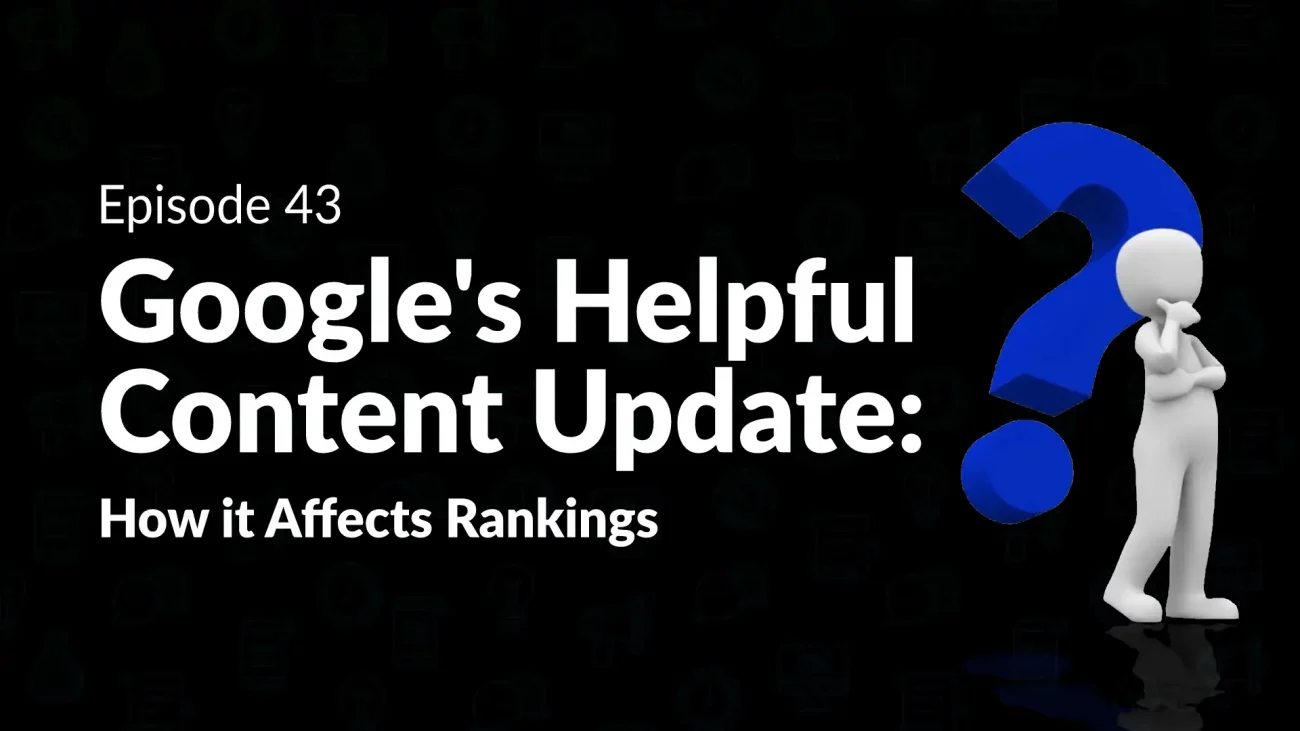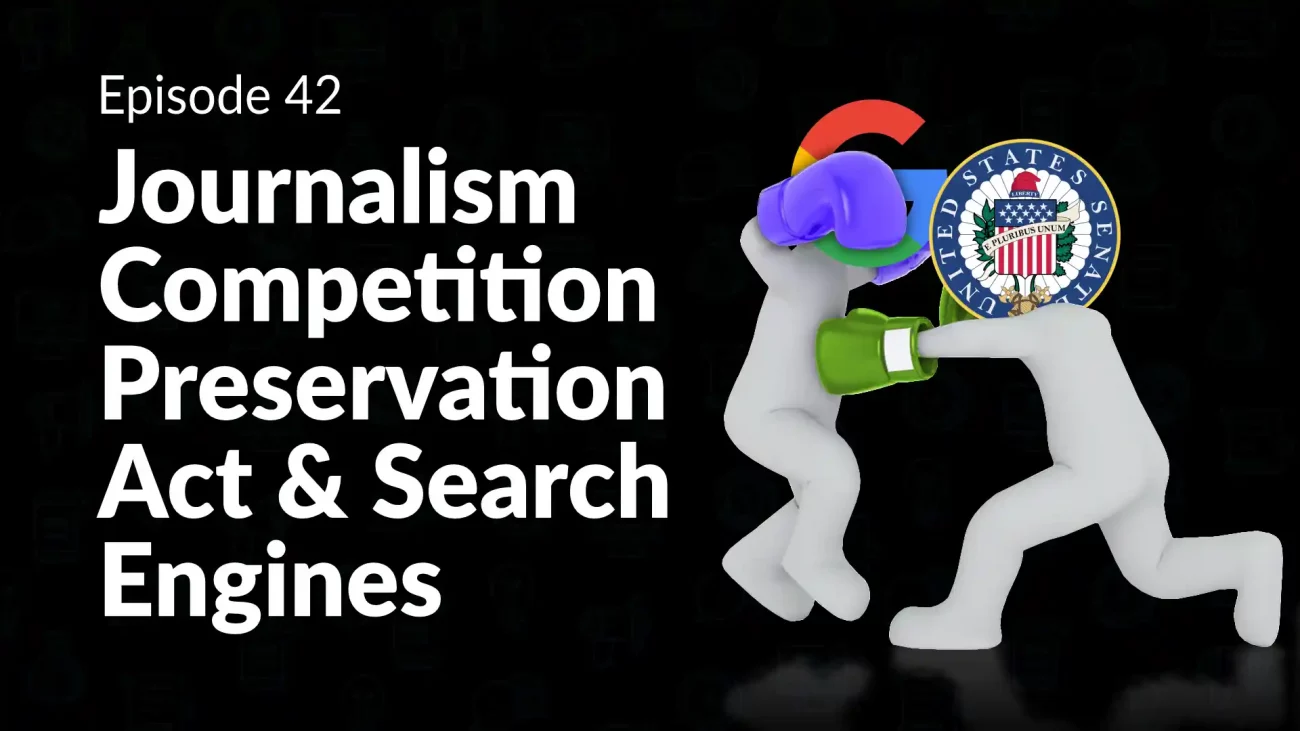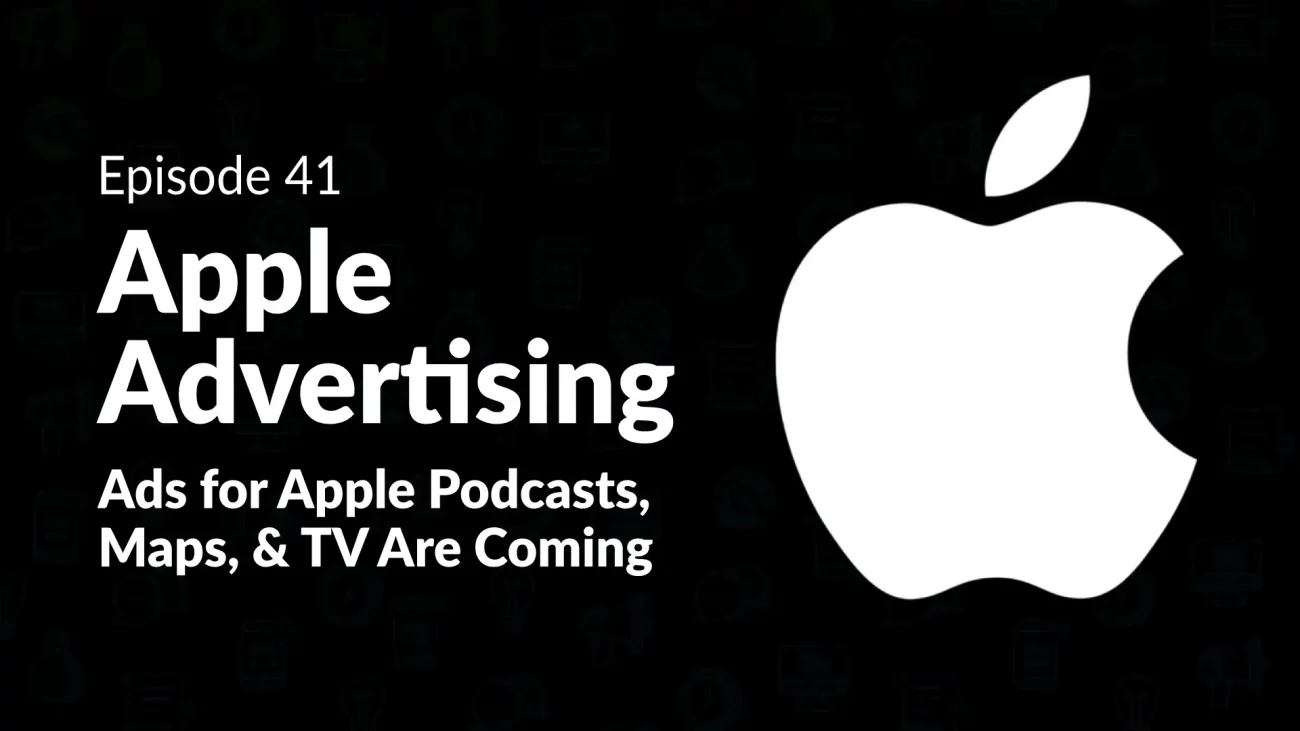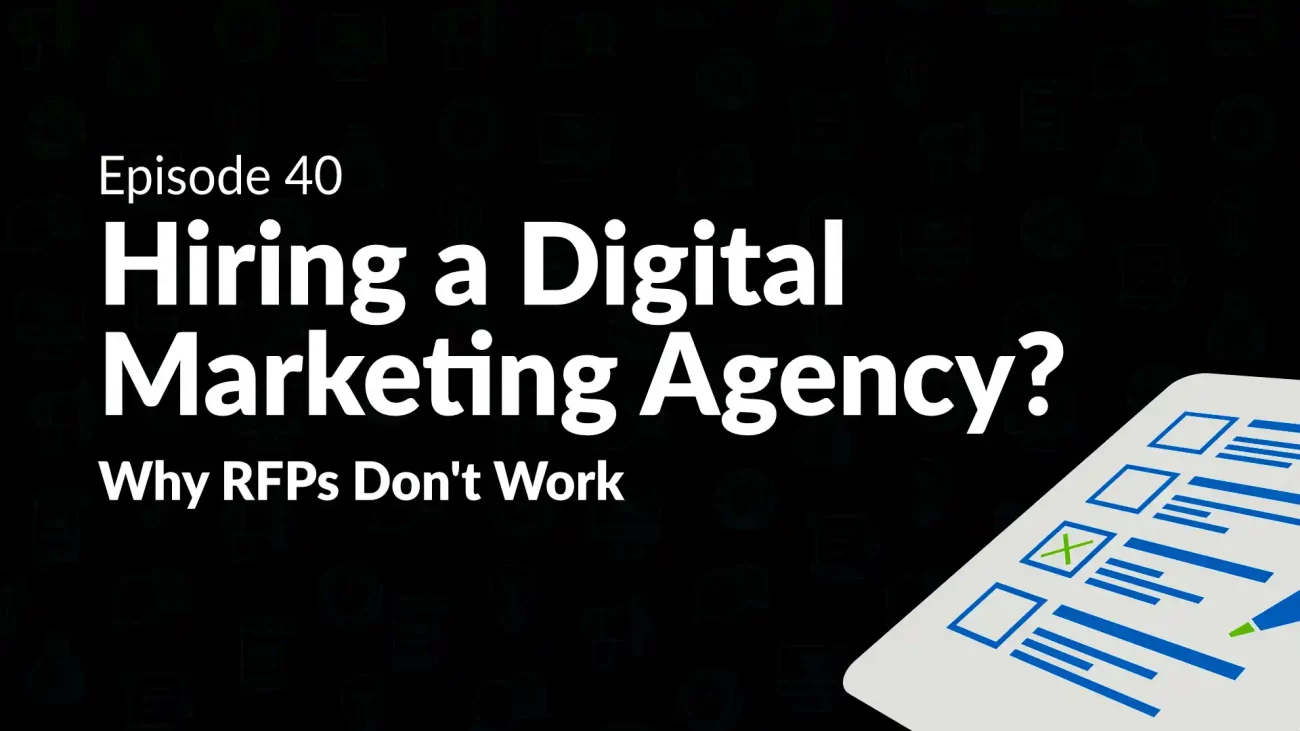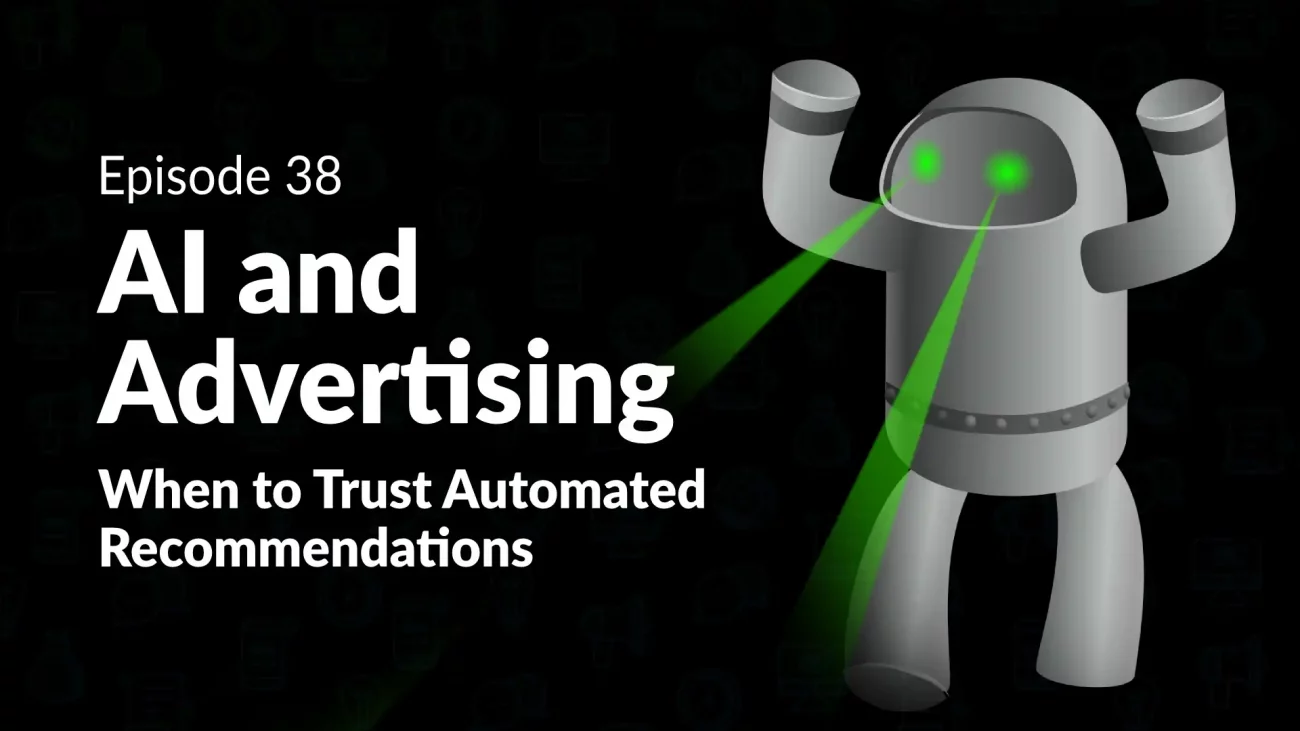Episode 31: Bidding on Your Brand’s Keywords: Understanding When It Can Improve Your CTR
Bidding on your competitor’s brand keywords can have benefits, though it can also create turmoil. One of the issues that could arise is that, if they notice, competitors could retaliate by bidding on your brand’s keywords. This poses an interesting question, should you bid on your own brand’s keywords? The challenge in answering this question is that not all situations are the same. Deciding if this strategy is right for you requires some analysis of your ad budget, competitors’ campaigns, and your goals to weigh the potential value that could be gained.
In this week’s Digital Marketing Monday, Hans and Devin continue the discussion about bidding on brand keywords. Understanding when bidding on your own brand keywords can make a positive impact and when it would be a complete waste of your campaign’s budget will help you decide if this strategy is right for your organization.
Transcription:
Devin:
You’re listening to Digital Marketing Mondays. Each week, we bring you new and exciting content from around the marketing industry and help give you, the marketer, insights into what’s happening. We’ll offer our advice and share some takeaways to help you develop better strategies for your marketing. Ideally, this will also help you improve your ROI as well. So with that, let’s tune into this week’s episode.
Devin:
All right, Hans. So if you remember, a few weeks ago, we got into a pretty feisty argument around should you spend ad dollars bidding against your competitor’s brand names? It’s a very contentious topic. I don’t know that we came to an exact conclusion, but certainly I think it would be generalized as some would agree, some may not, do with it what you will, it’s an expensive game to play, but it also could pay out in the long run. So that’s I think where we landed on that one.
Hans:
I would agree with that. So in certain instances it makes sense to do it, use some discretion. So the answer is, it depends, right? As it does so often.
Devin:
Exactly, exactly. But now I think where we landed is in this part two concept of, should we bid on our own branded terms as a result. So that’s what I wanted to talk about today and get your take on, should advertisers be sponsoring their own branded terms, especially in Google or in Microsoft?
Hans:
Yeah, that’s a very interesting question. And again, I think it’s sort of an it depends type of situation, but I can think of a number of cases where it does make sense.
Hans:
Now, first of all, you should note that let’s talk about Google for example. When you bid on keywords on Google, typically there are a number of ads, usually four on a desktop, varies on a mobile device. The first three or four listings are ads, right? So if you don’t sponsor your brand, then no matter what, you’re not going to show up at the top. You’re going to show up below the ads, however many ads there are. So if you really are pushing market recognition and market visibility and trying to push your brand, then it might make sense to get it up there.
Hans:
Now that’s the pro. The con is of course that if somebody’s searching on your brand and your ad is up there, they’re likely to click on your ad or more likely to click on your ad than to scroll down to your organic listing, and therefore in that circumstance, you are paying for a click that you would’ve gotten for free and who wants to do that? So that’s kind of the flip side to it.
Hans:
I think there are a number of cases that it makes sense and a couple of caveats. And if you’ll indulge me, I’ll pop into a couple of those. Well, where it makes sense of course is if your competitors are sponsoring your brand, and therefore it pays from time to time to type your brand, either for your product or your solution or your company, into Google and see what comes up in the ads. And if your competitors are starting to sponsor the keywords that describe your brand, then you are at a bit of a disadvantage unless you go in there too.
Hans:
Now, the good news is if you sponsor your own brand, most people who type your brand in are looking for you. So your click-through rate’s going to be way, way higher than your competitor, which means Google’s going to move you into a top ad position without you having to outbid your competitor, and you’ll be paying less per click and they’ll be paying a lot more. So it does actually put the squeeze on the competitor who’s sponsoring your brand and causes them to have to pay a lot more to show up up there. So that’s one of the strategies around that.
Hans:
Another thing we should mention is if your website, particularly your homepage, has a login section, so maybe you’re a SaaS product company, maybe you’re a bank or credit union, maybe you’re a membership organization of some kind or other, college, university, and people are going to be coming to your page all the time to log into their account and do whatever it is they do. You obviously don’t want to pay for clicks from existing customers, if you can avoid that.
Hans:
But there are workarounds for that. So you don’t have to shy away from sponsoring your keyword if it otherwise makes sense because there are ways that you can block existing customers from seeing your ads after the first time. So let’s say they come in, they click your ad. They go to the login screen, they log in, it takes them to a confirmation page and you cookie them from that page and say, I don’t want to show ads to this person anymore. From then on they’re disabled, and they won’t show up anymore. So that’s kind of the strategy we would use for that. You will have to pay for the first click around if they come in through the paid click, or maybe they’re smart enough to go to it in organic click, but you still want to block them. You still don’t necessarily want to show your ads to people who are existing customers or clients.
Hans:
So that’s kind of my quick summary on that, sort of an executive summary on that. Do you have anything you want to add to that, Devin?
Devin:
I love it. I think it’s important for people to also think about if you have the audience size to support it, not just looking at exclusionary statements, like if they’re going to log in or if they’re kind of a known party or even people that are just visiting your career and job page. You certainly don’t want to be paying for those brand clicks.
Devin:
I think on the flip side, it’s important to think about this idea of using remarketing lists for targeting in search campaigns as well. And that’s where again, it could be an inclusionary or an exclusionary statement against that brand term. So you could be saying, listen, we don’t want to pay for people, anybody who’s visited the website previously that has already converted as an example. So we’ll exclude them.
Devin:
On the flip side, if somebody’s already familiar with your brand, you may just want to exclude anybody who’s previously visited your website, right? Which that may help save some money when you’re actually running that type of brand campaign.
Devin:
Or use it to also strategically change your messaging as well. I think there was a time when Base Camp was running ads and they had competitors bidding against their names and Base Camp literally updated their ad copy to say something to the effect of, “we’re running this ad because we have to.” Learn more about Base Camp. That was the ad headlines, multiple headlines that they used, and I thought that was really clever, and clearly something they felt compelled that they had to do. And they made fun of the competitors in that way for doing that.
Hans:
That’s great. Yeah. And I guess I’d say what you said was very interesting. I’d say, in addition to that, we’re not saying that you should by default block everybody who’s already been to your website. You may want to show up in the ads at the top and you might not care that they click your ads several times to come to your site because you’re reinforcing your brand with them. So we’re not saying that it’s an all or nothing proposition. Your circumstances are unique, and you need to do what’s right for your particular situation.
Devin:
Exactly, exactly. So, yeah, make sure you’re just carefully considered in how you approach this. You may not even need to run brand ads at all, but if you do have competitors that have gotten smart and decided to bid against your brand terms, then it’s probably time for you to look at running a brand campaign. And that is, I would say a consequence of running competitor ads, it’s very likely if they’re paying attention, they’ll come after you.
Hans:
So they’ll come back at you, yeah. And if you do sponsor your own brand, when somebody else is bidding on it, you’re really putting a pretty heavy squeeze on them. So it may not feel that great that they’re doing that, but know that you’re causing them to pay a lot for a click. And a lot of people will click their ad and go, oh no, no, no. That’s not who I wanted. I wanted this company, right? Because normally when they type your brand, they want to come to your website. That’s just, it’s funny how that works.
Hans:
So it’s good to test this stuff. Be aware. Type your brand. Type your competitor’s brands from time to time, see what’s out there, see what’s going on and do it frequently because things change from day to day.
Devin:
Exactly.
Hans:
That’s my advice.
Devin:
Well, I think that wraps us up for this two-part series talking about competitively bidding and then bidding on your own brand terms. So thank you very much. It’s been a riveting conversation, Hans, and yeah, I’ll be interested to see what folks do and how they take this.
Hans:
You bet, Devin. I think mostly we agreed on this one, so take the rest of the afternoon off.
Devin:
There we go. Sounds good.
Hans:
Bye.
Devin:
All right, thanks Hans. Thank you so much for tuning in. We really appreciate you taking the time out of your busy day to engage with our content. Whether you’re watching on YouTube or subscribed on our podcast apps, we appreciate you taking the time.
Devin:
Make sure to leave a comment down below and let us know any feedback that you have for us. We’re always watching the comments and engaging in any way that we can. So if you find this content useful, also make sure to subscribe or give it a big thumbs up. We appreciate it. Thanks so much.




